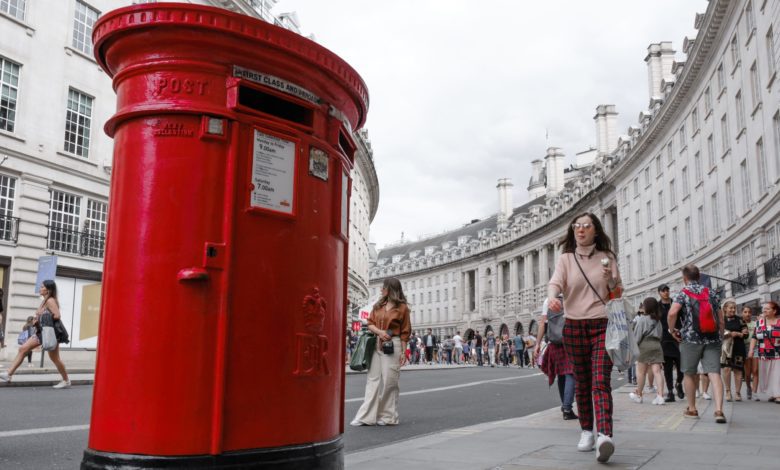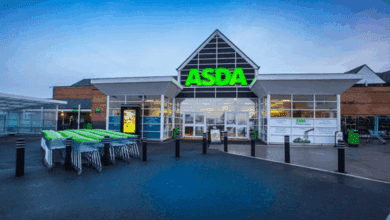Retailers’ demands of the new PM
As Liz Truss assumes the role of new prime minister, she is expected to act fast and deliver on both the cost-of-living crisis and the uncertainty surrounding energy this Christmas, but will her plans satisfy a suffering retail industry?

Register to get 1 free article
Reveal the article below by registering for our email newsletter.
Want unlimited access? View Plans
Already have an account? Sign in
Liz Truss is fresh in her new role as prime minister with enough enthusiasm to tweet, “it’s time to deliver for the people of the United Kingdom”, but while the new Tory leader was yet to be decided, business owners were left with fears that their upcoming winter troubles would not be addressed in a timely manner.
Though the extent of her upcoming policies are yet to be uncovered, Truss’s manifesto has outlined cancelling the rise in National Insurance (as announced by Rishi Sunak and effected as recently as April 2022), as well as calling for a review into the ban on fracking and encouraging the construction of more nuclear power stations.
However, her game plan regarding energy bills and the cost-of-living crisis, for both businesses and households, has been the most anticipated, particularly by small and large retailers alike.
In spite of staunchly opposing “handouts” during her campaign and her wider political career, Truss has seemingly done a U-turn after revealing that she will, indeed, help with energy bills. Within the week of her being declared PM, she stated that a £40bn ‘Energy-Aid Package’ would be implemented for UK Businesses, while a total package of £100bn is being discussed to “freeze” bills.
The Guardian reported that it could come as soon as Thursday (8 September) but that it is expected to be paid via extra borrowing, rather than a windfall tax on suppliers, as proposed by Labour.
In its statement informing the government of what the retail industry needs at this time, the British Retail Consortium (BRC) also called on Truss to freeze business rates for all businesses for the next financial year as protection for the sector.
However, Richard Walker, the managing director of Iceland, has warned that cutting business rates for SMEs “won’t even touch the sides”, as he had recently been forced to stall the openings of new Iceland stores in fear of uncapped energy bills.
The GMB appears to agree with Walker, arguing that Truss’s plan “only scratches the surface of what we need for energy security”.
Andy Prendergast, GMB National Secretary, said: “It is a stain on this Government that our nation’s energy supplies are in such a vulnerable state. GMB calls on Ministers to move at speed – because the brutal truth is the UK’s energy infrastructure will become even more vulnerable during the next decade, as existing nuclear plants are taken offline. Time is running out to fix the mess that has left our country so underprepared and exposed.”
In addition to businesses struggling with insurmountable costs, the proportion of regular people spending more than a fifth of their net income on energy is expected to increase from 32% to 45.9% by April 2023, which will curb consumer spending and disposable income further still. It remains to be seen how Truss will tackle this as she begins her premiership.
Overall, it seems that what the BRC have asked Truss to do in regards to ‘freezing’ bills has been heard and executed, but smaller businesses, as well as recognisable highstreet brands are still worried it won’t be enough. Some may even feel that Truss’s plans to borrow instead of adding a windfall tax on suppliers, as proposed by Labour, may spell further problems.







